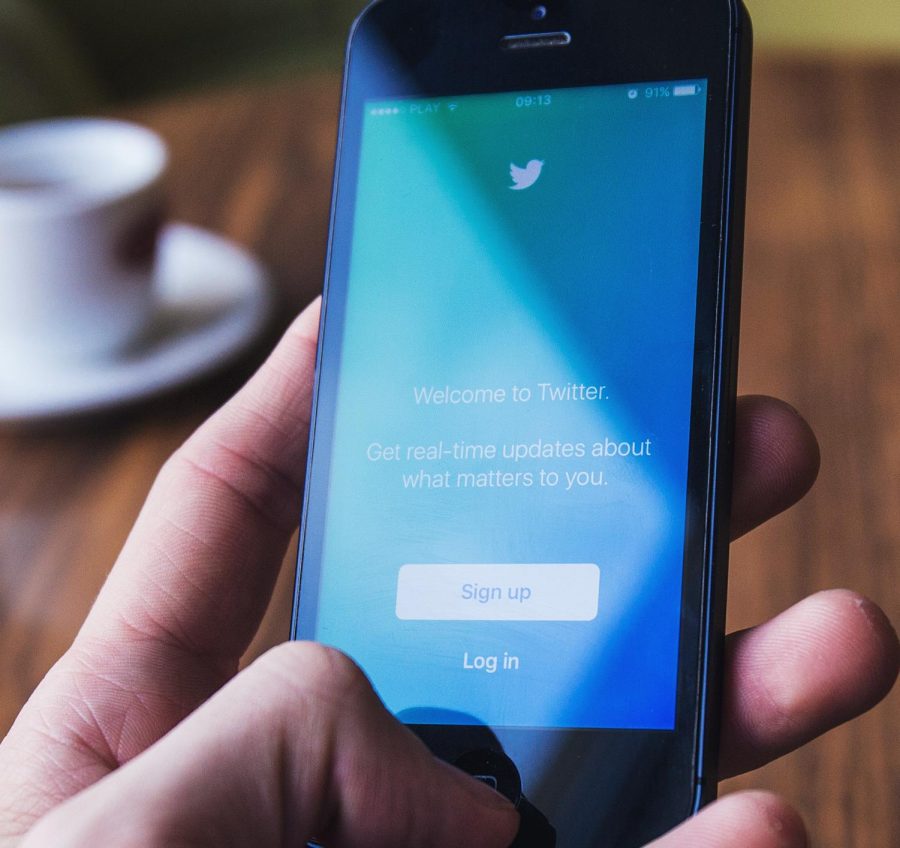Learning to Think Before You Tweet
When people have a thought to share, they often take it to Twitter.
Developing into a cesspool for deeply intimate musings, hot political takes and general buffoonery, the site sees a wide variety of ideas from all different types of minds.
However, sometimes people steal these thoughts.
In our increasingly digital age, plagiarism can look quite different from the definitions we were given in grammar school. The copying of a classmate’s test answers or the omission of citations in a term paper are still practices one should avoid partaking in. But in a time where the online is omnipresent, plagiarism goes beyond those examples.
Copying funny tweets and pawning them off as your own in order to gain likes, followers or social media “clout” is a modern form of plagiarism that we must actively work to denormalize.
Comedians and YouTube personalities often gain significant followings through viral tweets. These individuals utilize social media to maintain brands that sustain lucrative lifestyles and secure a financial independence which is otherwise difficult to obtain in our modern creative industries.
Just as writers share early bits of writing to garner public interest in upcoming projects, musicians share snippets of new tracks in an attempt to attract listeners, and creatives virtually circulate their art in hopes that the right people will see it, entertainers taking to Twitter with clever jokes rely on virality for both self-affirmation and professional success.
When people steal this content, it hurts the original producer’s ability to make a living off of their work.
Twitter users with significant followings often complain about digital publications like BuzzFeed featuring popular tweets in their articles without the original creator’s consent or financial compensation.
Copyrights, patents and trademarks make it possible for individuals to retain the rights to their creations in the marketplace. However, because Twitter is technically a public forum, there is no reasonable expectation of privacy or constitutional protection for one’s actions within the virtual space.
In most cases, the legality of copying someone’s tweet and presenting it as your own is the equivalent of overhearing someone tell a funny joke at a bar and turning around to tell it to your friend. No legal framework is in place to protect the threat of such intellectual property, but as individuals navigating an increasingly online world, we should all come to the agreement that to do so is just wrong.
In 2018, Twitter suspended several popular accounts that had been consistently accused of copying and stealing other users’ content. The accounts were not removed for their content theft but rather for their participation in a scheme known as “tweetdecking,” in which high profile accounts exchange money for retweets. The many small-time creators they exploited, as well as the public they tended to annoy, were pleased with these accounts’ newfound absence nonetheless.
Inspiration comes to people in all forms. Often, copying can be subconscious or incidental.
People can unwittingly begin to dress like their friends or start to listen to that artist their roommate is obsessed with. It is highly unlikely that anyone will make it through life without accidentally ripping off someone or something at some point.
But when such copying is intentional, targeted and consistent, it is a massive problem. And when powerful people purposefully appropriate content from individuals that have less of an ability to retaliate — for example, when popular accounts steal (and, by extension, bury) the tweets of those with fewer followers — such action is highly immoral.
No intellectual content exists in a vacuum. It is the natural course of things for thinkers to allow the ideas of those they admire to inform their own work.
But paying homage to those you look up to is entirely different from deliberately pirating the material of individuals you then hope to differentiate yourself from.
In creative fields, ideas are capital. Stealing tweets might seem harmless, but it is essentially theft. In 2020, plagiarism has begun to encompass a much wider span of actions than those people might initially imagine, and each is equally as harmful.
We should respect all types of intellectual property as steadfastly as we do the kinds whose copying could get us kicked out of university.
Lindsay Grippo, FCRH ’20, is an English major from Long Island, N.Y.








































































































































































































